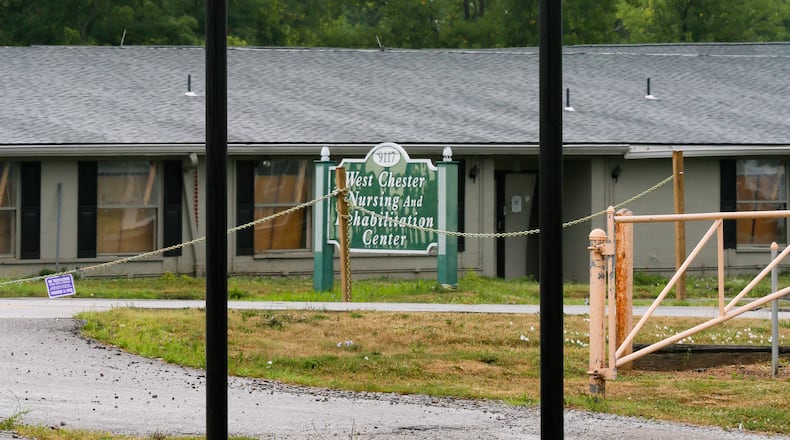Aziz sued the township in September claiming they were violating the Americans with Disabilities Act by enacting a moratorium on facilities like his. He claimed his addicted clients are disabled and withholding approval of a facility that could help them is against federal law.
On Dec. 7, a federal judge dismissed the lawsuit, and details — that might now be in flux — of a settlement were released by the township. Court documents note that either party "may, upon good cause shown within 60 days, move to reopen the action if settlement is not consummated."
Secured in-patient wings and no criminal or non-voluntary clients are among details of the settlement between West Chester Twp. trustees and Aziz.
Some of the biggest concerns neighbors voiced over eight months of meetings were the types of clients Aziz would be serving at his new facility on Ohio 42 and whether drug addicted people and visitors would have free reign of the clinic.
Aziz will be permitted to open his facility but the township secured several conditions that involve the clientele, their access to the building and security measures.
Some of the provisions include: no child victim offenders can be treated there; it cannot be used for any criminal case drug treatment sentences; Methadone treatment is prohibited; and the in-patient area will be secured from the rest of the facility.
The trustees and Aziz, nor their attorneys, will discuss the case.
In an uncommon move, Judge Timothy S. Black of the U.S. District Court, Southern District of Ohio placed a notation on the docket that told the township it needed to work out a resolution with Aziz.
Black wrote in part: "The court has advised defendant that it would be wise to work with plaintiffs to find a potential resolution to this matter outside of the litigation process."
Trustee Board President Mark Welch told the Journal-News previously he hoped the settlement process would bring about changes to the doctor’s plans that would appease the neighbors.
Under the township’s newly approved rules, establishments like drug rehabs aren’t allowed in residential neighborhoods.
According to the lawsuit, Aziz has spent about $850,000 on the project so far to buy the nursing home and an adjacent parcel.
About the Author
